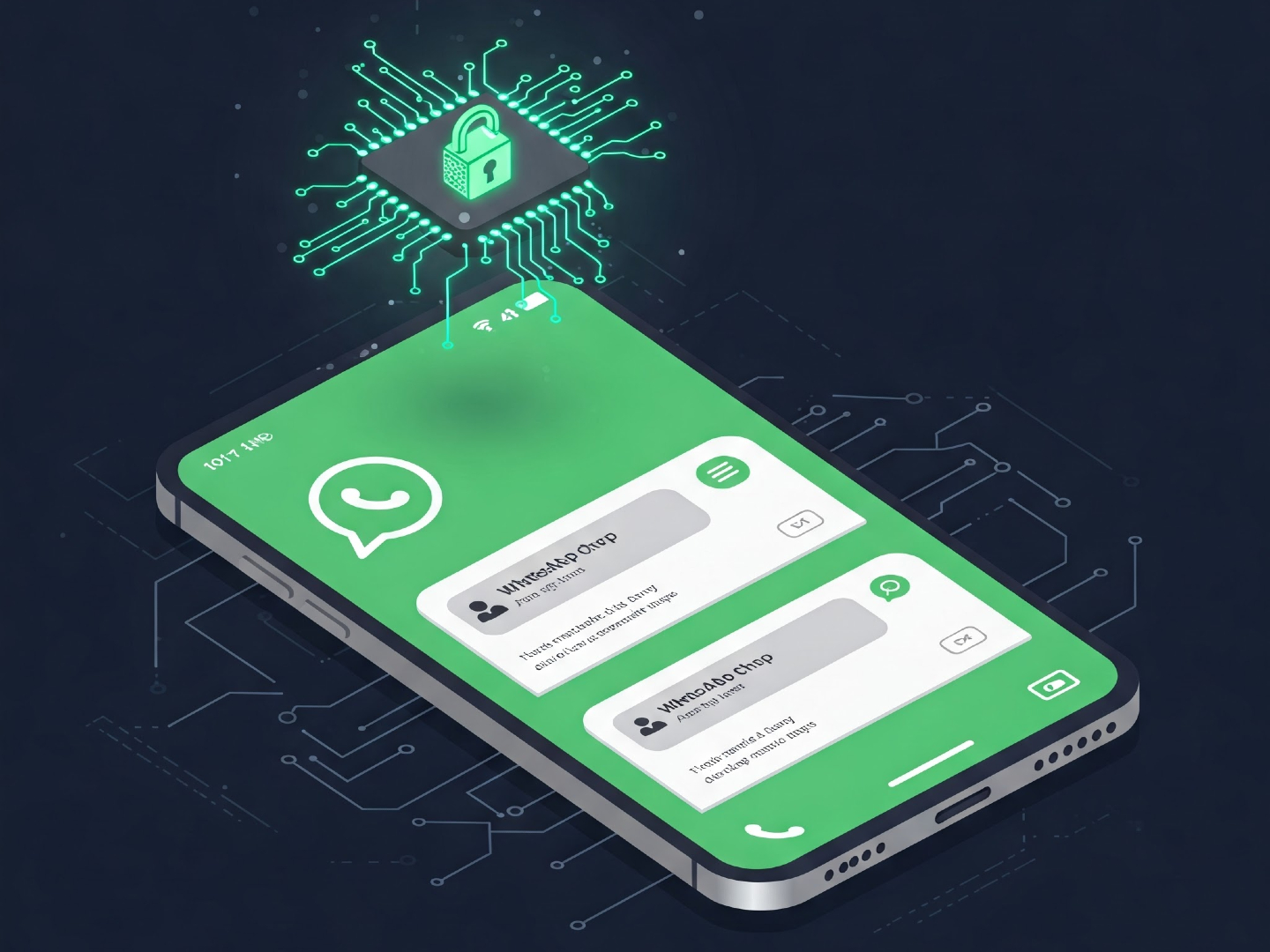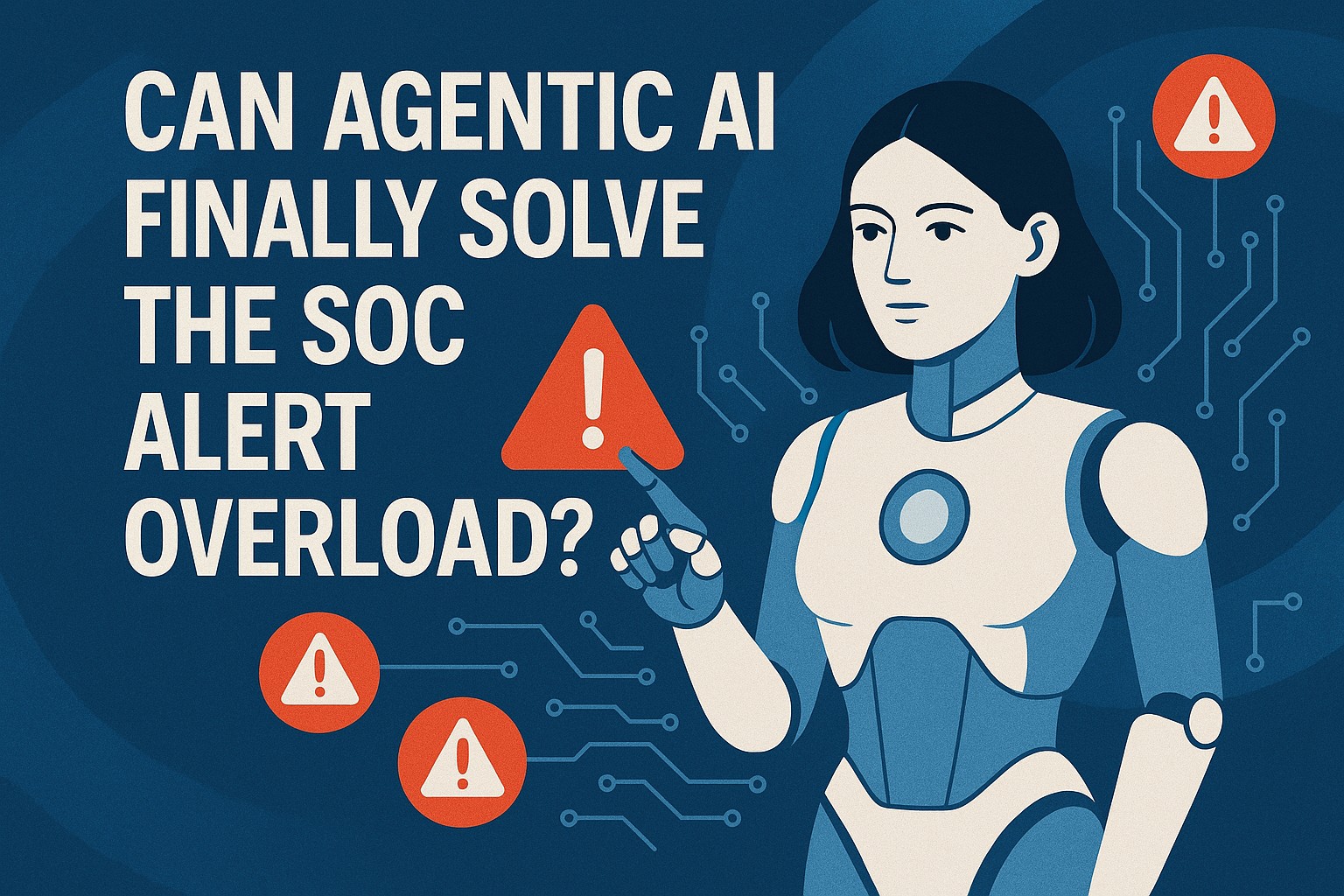WhatsApp Taps AI with New Privacy-Focused Tech
WhatsApp is betting on a new strategy to bring artificial intelligence features to its users without compromising the privacy of their messages. The messaging giant announced its 'Private Processing' technology on Tuesday, designed to analyze data locally on devices instead of sending it to company servers.

WhatsApp is rolling out a new technology called "Private Processing." What's the big idea? It's all about bringing artificial intelligence (AI) smarts to the app without sacrificing your privacy.
According to a statement shared with The Hacker News, this new feature will let you use optional AI tools – like summarizing those endless unread messages or getting help with editing – while keeping your data safe and sound.
Basically, WhatsApp wants to make AI features available without you having to worry about your private chats being exposed. Expect to see this rolling out in the next few weeks.
How Does Private Processing Work?
Think of it like this: when you ask WhatsApp to use AI on your messages, it happens inside a secure "bubble" called a confidential virtual machine (CVM). The cool part? Not even Meta or WhatsApp can peek inside. Your messages stay private.
There are a few key principles behind this:
- Confidential Processing: The AI magic happens in a secure environment.
- Enforceable Guarantees: The system is designed to fail if anyone tries to mess with the privacy protections.
- Verifiable Transparency: Users and researchers can check how the system works.
- Non-Targetability: No one can single out a specific user without breaking the entire security setup.
- Stateless Processing and Forward Security: Messages aren't stored after processing, so attackers can't get their hands on old requests or responses.
Here’s a simplified breakdown of the process:
- WhatsApp verifies your device is legit using anonymous credentials.
- It sets up a secure connection using Oblivious HTTP (OHTTP), hiding your IP address.
- A secure session is established between your device and a Trusted Execution Environment (TEE).
- Your request (like summarizing a message) is encrypted and sent to the Private Processing system.
- The data is processed within the CVM.
- The results are encrypted and sent back to your device.
Only your device and the Private Processing server can decrypt the request. Pretty neat, huh?
Potential Weak Spots?
Meta admits there are potential risks. Things like compromised insiders, supply chain issues, or even malicious users could try to attack the system. But they say they're using a "defense-in-depth" strategy to minimize these risks.
To help keep things honest, Meta plans to publish logs of the CVM binary digests and images. This lets researchers "analyze, replicate, and report" any possible data leaks.
Meta's AI Push
This move comes as Meta released a dedicated Meta AI app with a "social" Discover feed, letting you share, explore, and even remix prompts.
Following Apple's Lead?
Private Processing seems to echo Apple's approach to private AI, called Private Cloud Compute (PCC). Apple also uses OHTTP and sandboxed environments to keep your data safe.
And, just like Meta, Apple made its PCC Virtual Research Environment (VRE) publicly available, allowing researchers to check the system's security.




